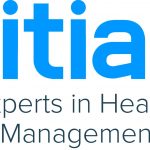Dental nurses are often the heart of their dental practices. They are the vital pieces that ensure daily workflows tick over smoothly. They are also commonly the professionals that patients feel most comfortable speaking to. That’s why we value our amazing dental nurses at Colosseum Dental and we are looking to welcome more passionate individuals to our growing team.
So, what do we offer our dental nurses?
Training and support
Firstly, we provide all dental nurses with opportunities to develop their knowledge and skills. There is plenty of training and education available, with even more dedicated programmes currently in the making.
This is complemented by the support we provide all our clinical teams. Our management team is only ever a phone call or email away. We make it our job to make sure you have the facilities, equipment and training you need to deliver excellent patient care.
Flexibility and collaboration
We also strive to offer flexible working agreements for dental nurses who need to work around family commitments. We appreciate that everyone is in a different position and we do what we can to work together.
Collaboration is a huge part of what Colosseum Dental stands for. We actively encourage our practice teams to engage with their managers and the leadership team as often as possible. We want to hear your ideas on how to improve life in the practice or enhance patient care, and we will work with you to implement change. We have already collaborated closely with our practice managers when refurbishing all our practices over the past year. We also worked with our dental nurses to select a new uniform – the need for which came about as a direct result of feedback in the first place. This is something we are very keen to maintain with all our practice teams moving forward.
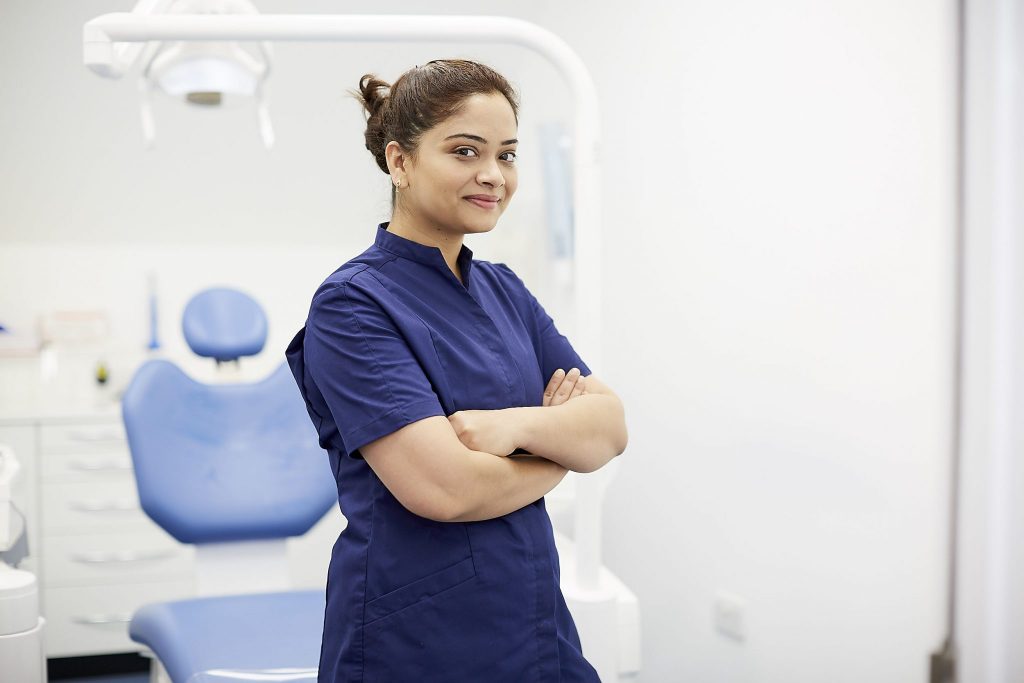 Recognition and reward
Recognition and reward
Further to all this, we run a unique and compelling incentive programme, which offers our clinical teams the chance to achieve additional remuneration on top of their basic salary. The annual Colosseum Dental Conference also offers CPD and the chance to relax and have fun with colleagues as an extra way of saying thank you. We truly appreciate everything that you do.
Word from the front line
With high engagement and collaboration among our practice and management teams, we are proud of the environment we have created for all our people. We are not just a team, but a family.
Two of our dental nurses recently commented:
“Really nice family-like environment. New management very are supportive of staff and get things done!”
“Great team working together, helping each other, we get on really well… it almost feels like we are a family.”
In fact, feedback from dental nurses in our recent Great Place to Work Survey™ provided some fantastic comments that we were very proud to receive. These included:
“Free CPD, paid GDC fees, great friendly staff and all the people at Head Office are easy to talk to.”
“I feel very comfortable as the place has a fantastic environment and great atmosphere, and also the team are very friendly and supportive.”
“It’s great that we see our executives – they are not just someone who sends emails all year. We see them, we interact. It makes you feel better about who you work for. I also love the vision they have for this company; they want to make a real difference and if everyone could dream this, then we could all achieve.”
“Their focus is to put patient care first.”
“Everyone is super friendly and we all treat others the way we would want to be treated. There are so many benefits and bonuses to working for the company and it’s nice to get a shout out or treat when the practice is doing well.”
“I enjoy working for this company. It’s a wonderful place to be part of a team. I have been a dental nurse for over 15 years and I am glad to be a part of this journey that Colosseum Dental is on.”
Find out what a career at Colosseum Dental UK could do for you today!
For more information about Colosseum Dental,
please visit www.colosseumdental.co.uk/careers



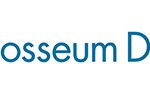


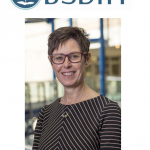
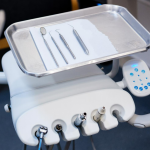

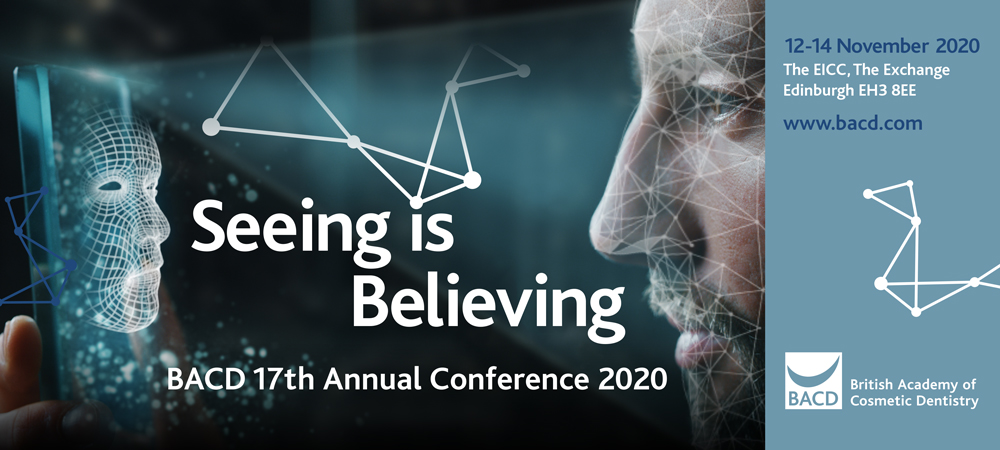 The wide range of social and educational opportunities at this prestigious event will allow delegates to sample cutting-edge products, explore new ideas and concepts, and share their passion for beautiful cosmetic dentistry among likeminded individuals. The Annual Conference ultimately embodies the BACD’s goal of creating a highly inclusive and dynamic learning environment.
The wide range of social and educational opportunities at this prestigious event will allow delegates to sample cutting-edge products, explore new ideas and concepts, and share their passion for beautiful cosmetic dentistry among likeminded individuals. The Annual Conference ultimately embodies the BACD’s goal of creating a highly inclusive and dynamic learning environment.